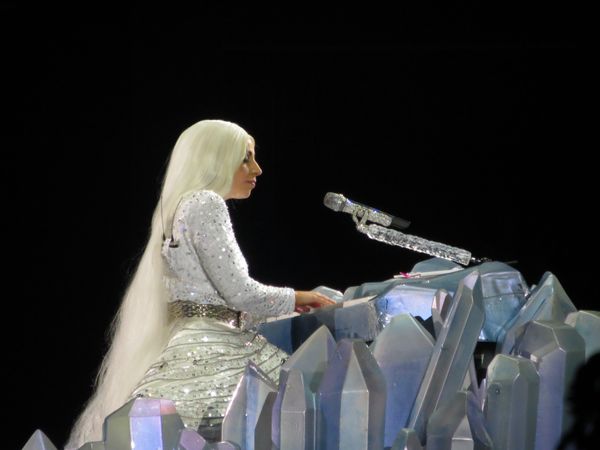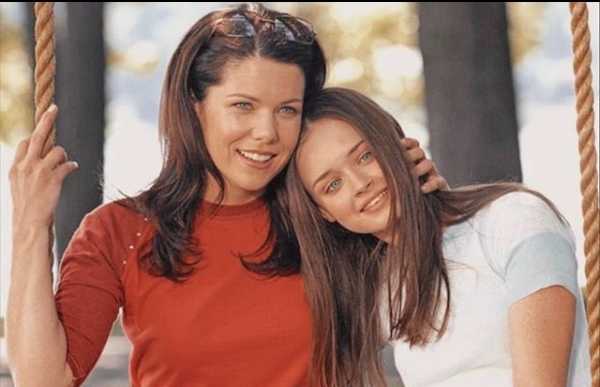"Hold back the edges of your gowns, Ladies, we are going through hell," William Carlos Williams once said of Allen Ginsberg's "Howl". Ginsberg's most famous poem depicts the beauty and suffering in the lives of addicts, alcoholics, and the generally mental ill, and uses the poem to discuss how addicts are at the mercy of Moloch, the Canaanite God of sacrifice. Ginsberg refers to addiction in "Howl" not only in the sense of drug addiction, but also in society's addiction to materialism, consumerism, and capitalism, and by extension, Moloch is a God of American institutions that has largely failed its most vulnerable residents.
Like "Howl," "The Wire" is also a show about how Baltimore's dysfunctional institutions, like the Police Department, political system, local newspaper, and public school system failed its neediest residents. "The Wire" is also a story of addiction for the majority of its characters: cops and dock workers are addicted to alcohol, drug lords are addicted power, and politicians are addicted to climbing the career ladder. It is in one character that we see the story of addiction of "Howl" represented in "The Wire" most clearly: the story of heroin addict, Bubbles, who is a victim of the institution of the police department and its efforts to exploit him as a confidential informant on the war on drugs. Bubbles notes that the tumultuous nature of his environment is a "thin line 'tween heaven and hell."
Although approximately 50 years apart, the two inspirational works depict the agony, pain, and hope of drug addiction in contemporarily accurate and agonizing ways. The first several lines of "Howl" dive immediately into addiction, of the "best minds of [Ginsberg's] generation...looking for an angry fix." He notes that these minds are "angelheaded" and well-intentioned in that they're looking for a transcendent, heavenly experience. The imagery of the angry fix in "Howl" suggests that these minds would stop at nothing to get their drugs, and that is how we're first presented with the character of Bubbles in "The Wire," who uses fake money in an attempt to purchase heroin from drug dealers.
As an undergraduate, my psychology professor, Dr. Darryl Neill, once noted a friend who has tried almost every drug safely, but there was one exception: heroin. He tried heroin once, and then dropped it because he couldn't do it anymore. It was "too good." Emmett Rensin, essayist and recovering heroin addict, once noted that "heroin is the best you'll ever feel...then it becomes part of who you are." These minds of Ginsberg suffer from "junk-withdrawal in Newark's bleak furnished room," suggestive of the heroin withdrawal addicts undergo. In the second part of "Howl," Ginsberg notes that addicts give up everything to Moloch, their idol, that "they broke their backs lifting Moloch to Heaven...lifting the city of Heaven which exists and is everywhere about us!"
We see Bubbles experience this in "The Wire," suffering severe physical and emotional withdrawal only days without his fix. Most addicts have a "rock bottom" period of their paths, and that point comes in Bubbles's life near the end of season 4, when his friend, a middle-schooler named Sherrod who Bubbles cares for, dies because after shooting up a contaminated heroin sample from Bubbles. The next day, so tormented with shame at his unintentional killing of Sherrod, Bubbles proceeds to turn himself into the police station for murder. Moloch, in "The Wire," is the shame that Bubbles feels here. "You have to lock me up," he tells the officers. "Because I killed that child." After he vomits from physical withdrawal, the officers leave the room to get paper towels, and return to see that Bubbles's neck in a noose, the table kicked over, and the two officers save his life, choose not to charge Bubbles with murder and send him to a psychiatric facility. Because of the two officers, Landsman and Norris, Bubbles is alive, and Landsman sends back the murder because Bubbles "is carrying more weight than we'll ever put on him."
"Howl" similarly reveals the life-saving power of solidarity. It is dedicated to Carl Solomon, a friend of Ginsberg in the psychiatric hospital. "Carl Solomon! I'm with you in Rockland/ where you're madder than I am." Although Ginsberg and Solomon were not addicts, just mentally ill, their redemptive narratives come forth through solidarity, connection, and companionship. The sense of being "with you" helps Ginsberg empathizes a sacred bond between members of the Beat Generation, many of them addicts.
In "The Wire", Bubbles achieves redemption through the help of his Narcotics Anonymous (NA) sponsor, Walon, and the rest of his NA community. Shortly after Sherrod's death and Bubbles' suicide attempt, Walon visits him and finds him catatonically staring into space while sitting in a chair, motionless and numb. Walon hugs Bubbles, and Bubbles weeps and shakes, telling him "I don't want to feel this way no more." For the entire next year, he doesn't talk about Sherrod, much to the dismay of Walon's pleading. But one day, he finally opens up about Sherrod in an NA meeting, revealing the pain he feels when he thinks of him. Shaking and sobbing, he lets go of his consuming grief for just a little bit, and tells the crowd: "ain't no shame in holding onto grief, as long as you make room for other things, too."
"Howl" similarly shows that redemption comes through community. "I'm with you in Rockland/ where fifty more shocks will never return to your soul to its body again," Ginsberg notes about Solomon. He seems to suggest, here, that electroconvulsive therapy (ECT) did not work for Solomon: he needed something deeper to redeem himself. What both men needed in Rockland was "twenty five thousand comrades all singing together," connections where "imaginary walls collapse." In the increasingly materialist and consumerist world of Moloch, these walls and lack of connection were strong, and it seems like the relationship and "with"-ness allows Ginsberg to transfigure the evil and suffering of serving Moloch into hope.
In 2018, journalist Johann Hari wrote a book about addiction where he concluded that the opposite of addiction is not sobriety - it is connection. The breathtaking and performative nature of "Howl" suggests that it is a poem meant for connection. Bubbles's ability to open up in "The Wire" gives us a glimpse into the power of connection to redeem the ills of addiction: at the end of the show, living in the basement of his estranged sister's house, he is finally invited upstairs to have dinner with her and her son. Addictions fill the need for relationships of the afflicted when those relationships are unfulfilling, and addiction in the context of "Howl" means giving everything to the Moloch of capitalist American institutions that fail us unapologetically.
As Williams Carlos Williams noted of "Howl," it is a poem that allows readers to venture through hell, and "The Wire" is the modern form, nearly 50 years later, of watching our beloved characters also undertaking that painful journey. But in "Howl" and "The Wire", Ginsberg, Solomon, and Bubbles come out of hell through "with"-ness and connection, and both works give us an invitation and community into that suffering and redemption. These works echo the message told in Robert Frost's "The Pasture": "you come, too."



















